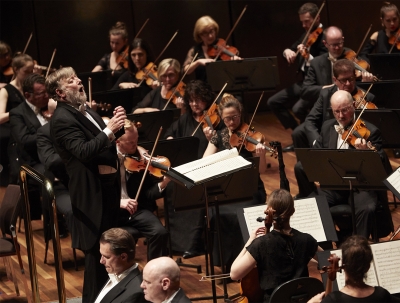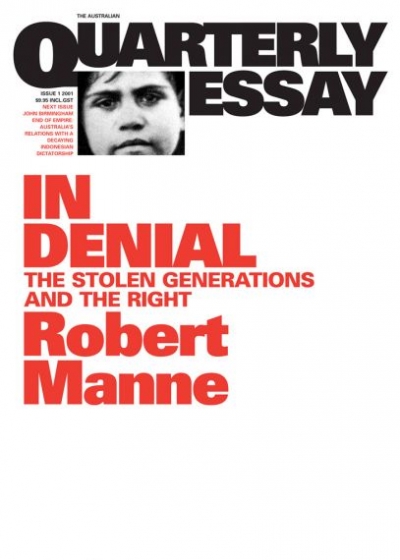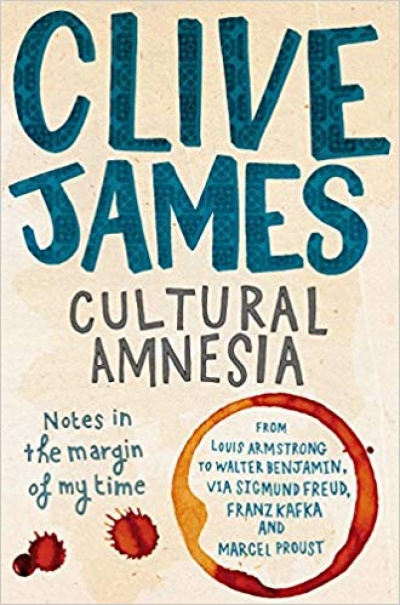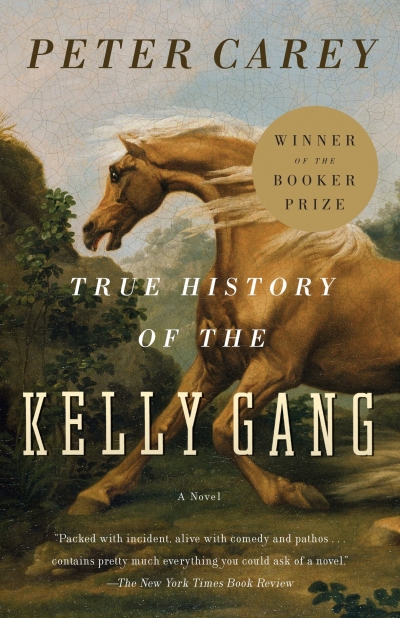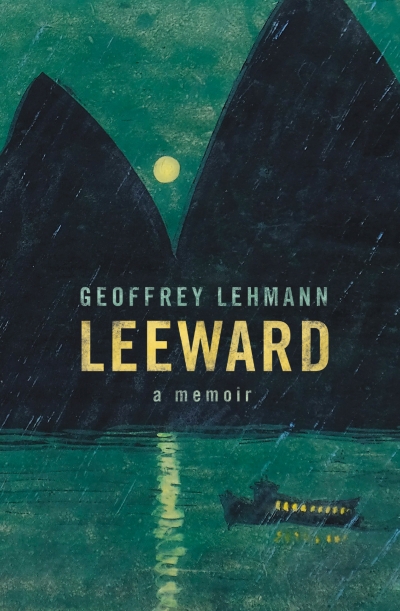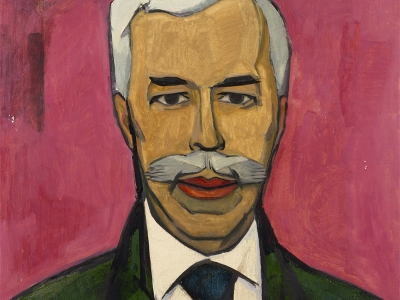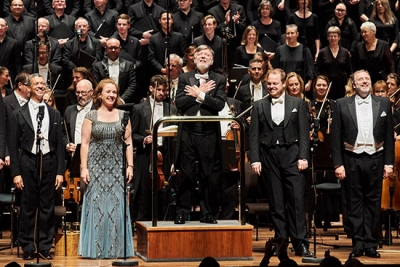Morag Fraser

Morag Fraser was Chairperson of ABR and was for many years Editor of Eureka Street. She is currently writing a biography of the poet Peter Porter.
Morag Fraser reviews 'Ian Fairweather: A life in letters' edited by Claire Roberts and John Thompson
Artist, hermit, instinctive communicator, a nomad who built studio nests for himself all over the globe, Ian Fairweather is a consistent paradox – and an enduring one. In an art world of fragile and fluctuating reputations, his work retains the esteem with which it was received – by his peers – when he landed in Australia in 1934 and, with their help, exhibited almost immediately. His w ... (read more)
Primo Levi, in two interviews given almost twenty years ago*, set a standard of critical sympathy that is not only exemplary, but peculiarly apt to the fraught debate about the post-September 11 world and the USA’s place and reputation within it.
Levi was talking about Israel. The interviews were published in the aftermath of the Phalangist attacks on Sabra and Shatila. The horror of the killin ... (read more)
Much current debate on crucial issues facing Australia – the economy, race relations, foreign affairs, for example – is conducted in the opinion pages of metropolitan daily newspapers. And ‘opinion’ pages they now are – with a vengeance. It is a symptom of the times that opinion-page editors have less and less recourse to disinterested authorities (do they no longer believe such exist?). ... (read more)
A writer leaves you with everything to say. It is in the nature of his medium to start a conversation within you that will not stop until your death …
Conversation is the raison d’être of this monumental monologue. But you might not think so if you read only the reviews. Splenetic, greensick criticism – and there has been plenty of it – insists that what Clive James has built out of ... (read more)
You can’t escape the black square with the ominous slit: it’s about as familiar and inevitable in Australia as the icon for male or female. Ned’s iron mask now directs you to the National Library’s website of Australian images. There it is, black on red ochre, an importunate camera, staring back as we look through it. It’s modernist, postmodernist, merged into desert art just as surely a ... (read more)
The poet James McAuley once told a group of Sydney university students – ‘forcefully’, as Geoffrey Lehmann recalls – that poets should have a career unconnected with literature. Lehmann had already imbibed a related injunction from his mother: ‘One day she told me I should become a lawyer and a writer. From the age of twelve I no longer had to think about what I would become.’
... (read more)
Dark Victory opens with a coup: in a deep-etched narrative, joint – and seamless – authors David Marr and Marian Wilkinson make human beings out of the anonymous acronyms of John Howard’s border protection strategy. Explicitly rejecting the gulag language of numbers, of SUNCs in SIEVs (Suspected Unauthorised Non-Citizens in Suspected Illegal Entry Vessels), they begin with people – stirrin ... (read more)
On 6 March 1948 – a mere seventy years ago – the paintings that comprise this stellar exhibition of ‘Modern Art’ from St Petersburg’s great cultural repository, the State Hermitage Museum, were condemned in a decree by the Council of Ministers of the USSR as ‘the bourgeois art of Western Europe, bereft of ideas, anti-national, formalist, and of no interest for the progressive education ... (read more)
‘People who don’t like tunes don’t like Berlioz.’ Thus, the late Colin Davis, famed English conductor and Berlioz exponent, said in 2007 about L’Enfance du Christ. Davis, in his wry, gently combative English way, and with a burnished reputation behind him, didn’t have to care about musical fashion or despised tunes: ‘That doesn’t make any difference to me. I love them.’
And so, ... (read more)

